Churchill County Commissioners met Friday in an emergency meeting to approve a plan for reopening the local community after Governor Sisolak announced Thursday afternoon his “Roadmap to Recovery.” In addition to approving the local plan, commissioners agreed to ask the governor to include barbershops and salons in phase one of the opening.
The local plan, “City of Fallon and Churchill County Joint COVID-19 Mitigation and Reopening and Return to Work Plan” is part of the requirements the Governor set for counties in his Reopening Criteria Framework. The plan will now be sent to the Local Empowerment Advisory Panel (LEAP) for a determination on whether Churchill is ready to move into phase one. At this time, the governor is requiring all counties to move together into phase one as a state and not on an individual basis.
According to Commission Chairman, Pete Olsen, “Everyone is ready to get back, but we have to be safe.”
In addition to stating how the county is meeting the reopening criteria, the local plan (see plan below) sets out guidelines for each phase of the reopening for individuals, employers, and businesses. Once the county goes into phase one, which could be as early as next week, businesses should have in place a mitigation plan that will protect their staff and the public. Mitigation plans should encourage teleworking, returning to work in phases, restricting common areas, minimizing non-essential business travel, and making accommodations for vulnerable populations. Each business should consider reducing occupancy to 35%, social distancing, prescreening procedures, and a disinfection maintenance plan.
Jim Barbee, county manager said it will be important to remember, “once the county moves into phase one, our ability to stay open and stay in phase one and keeping moving to phase two and phase three, will be incumbent on everyone doing their very best. If we have individuals or businesses who aren’t following these rules it opens us to slide backwards in the Governor’s eyes. We’re only as strong as the weakest link in terms of keeping the economy open and moving forward.”
Barbee said commissioners will look to the creativity of each business to meet guidelines. “We are asking businesses and employers as they evaluate going into phase one what’s going to work in their specific business.”
Commissioner Bus Scharmann said businesses will have to self-police and manage this process on their own.
The county is also working to develop a plan to meet the governor’s framework requirement for county-wide surveillance testing in addition to the current symptomatic testing. Barbee said drive-through testing at the fairgrounds will be set up next week on a voluntary basis, with the goal of testing 1% of the county population each week. He expects to have serology testing available within the next two weeks, and testing will be done on a first call, first schedule basis. “We will be able to identify not only if an individual is a positive, but that the individual has antibodies and hence has previously had the virus and that will give us a little better idea of the population that has already been exposed and hopefully has some resistance.”
Sisolak’s criteria for testing provides the ability to assess the effectiveness of preventive measures and to identify necessary interventions.
According to Barbee, moving through each of the phases will be based on the governor’s judgement as to how well each phase goes. At this point, Sisolak is keeping all counties together in the phasing, and not allowing one county to move on without the others.
As far as Churchill County is concerned, Olsen stated, “We’re ready today.” He said it will not be Churchill County that holds things up.
Support local, independent news – contribute to The Fallon Post, your non-profit (501c3) online news source for all things Fallon.
Never miss the local news -- read more on The Fallon Post home page.
The Fallon Post -- 1951 W. Williams #385, Fallon, Nevada 89406

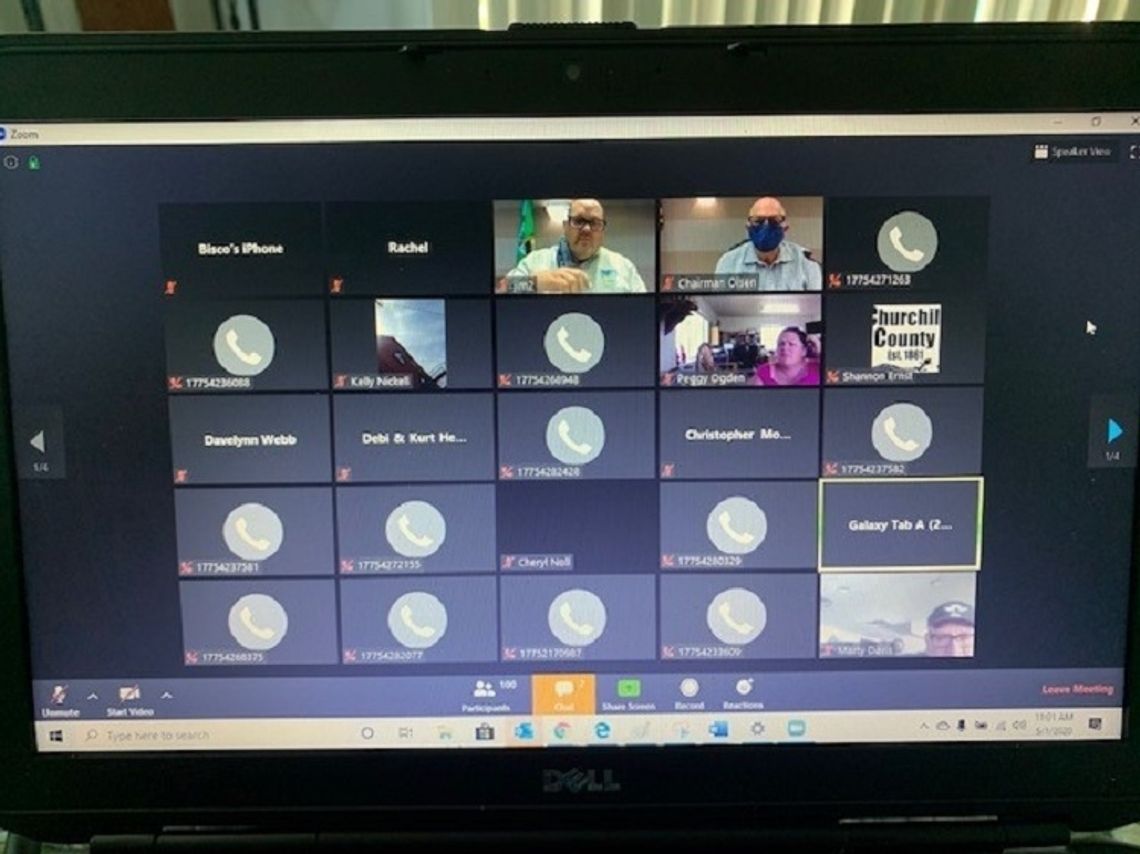
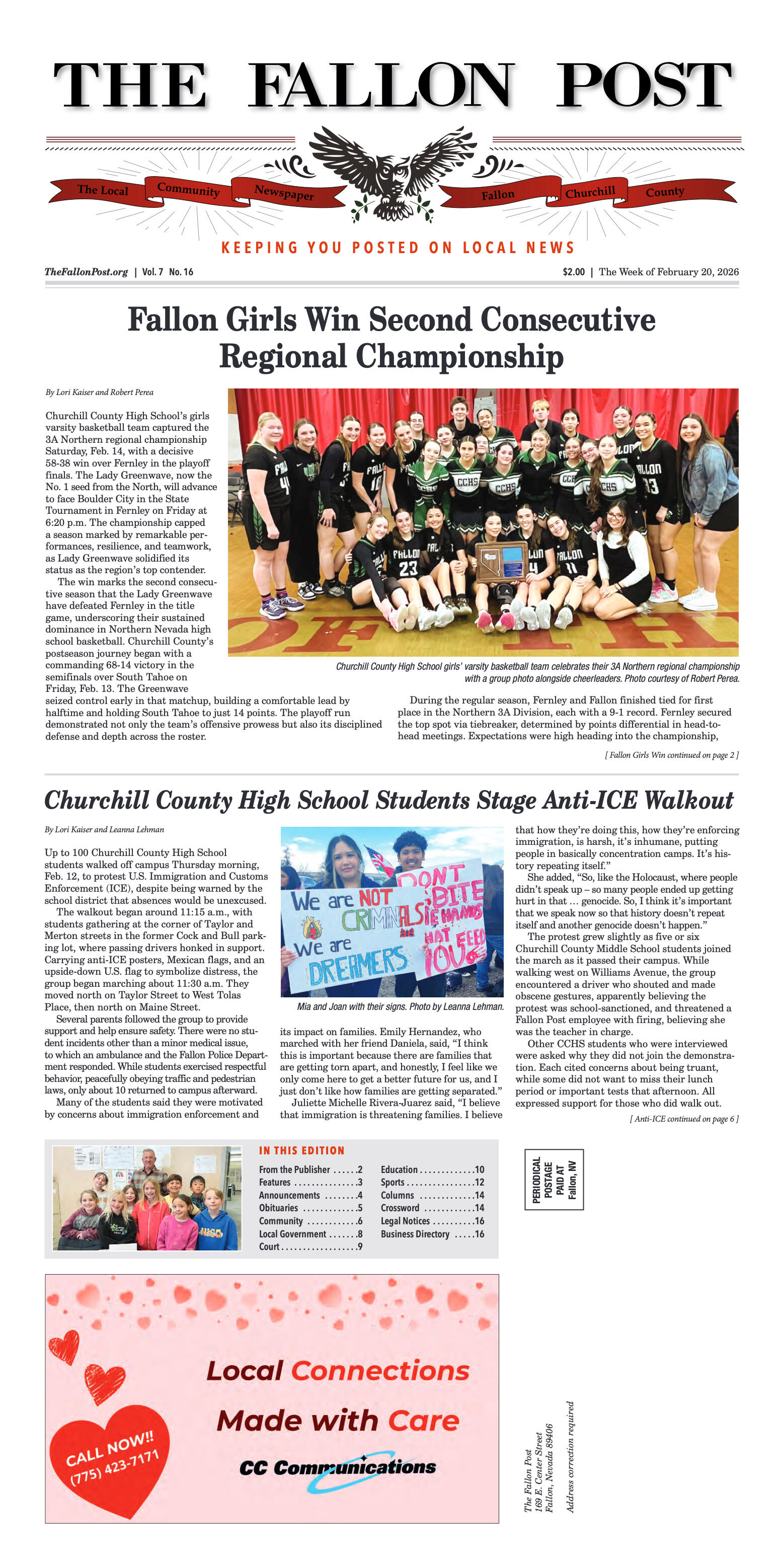
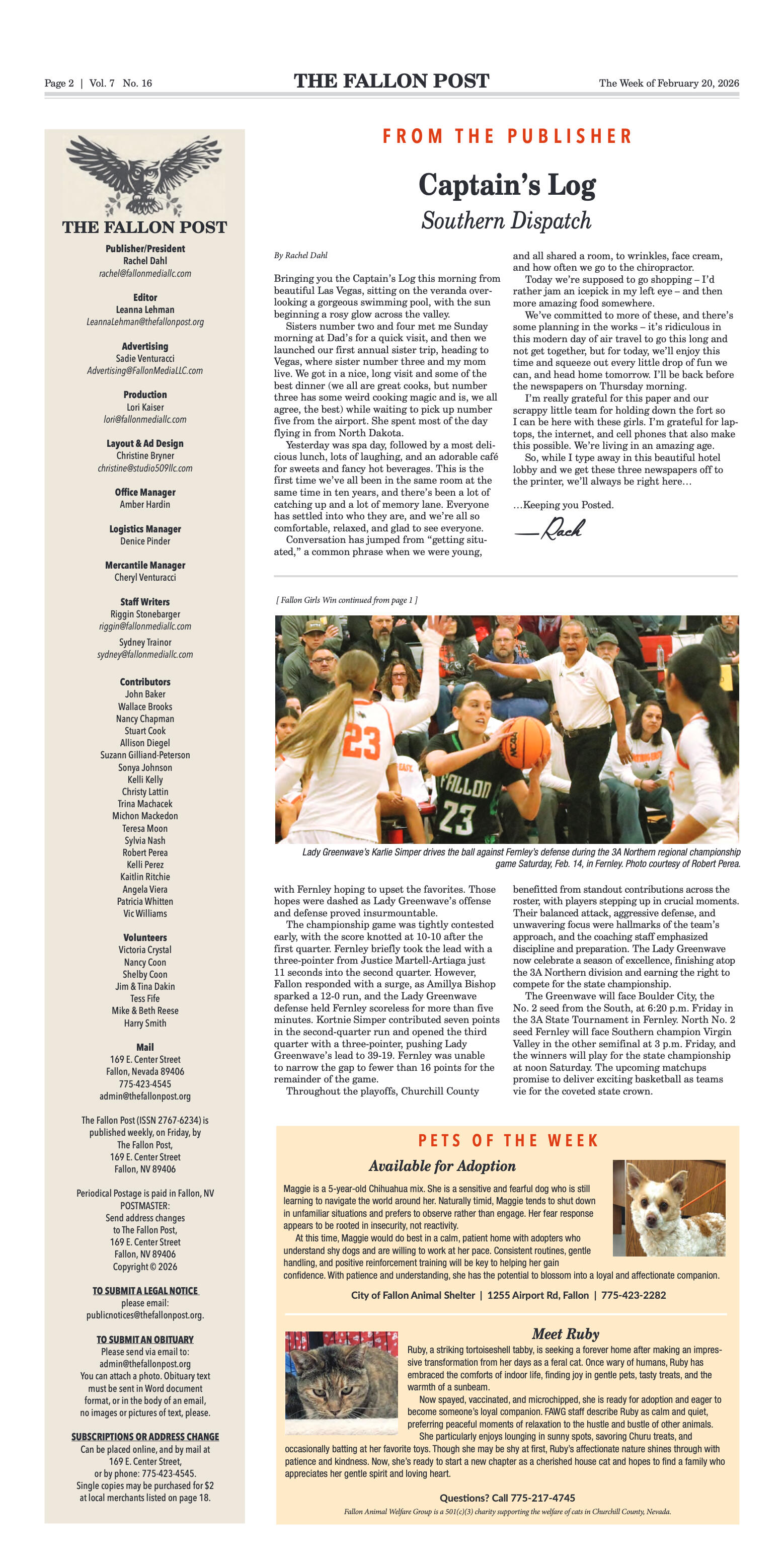
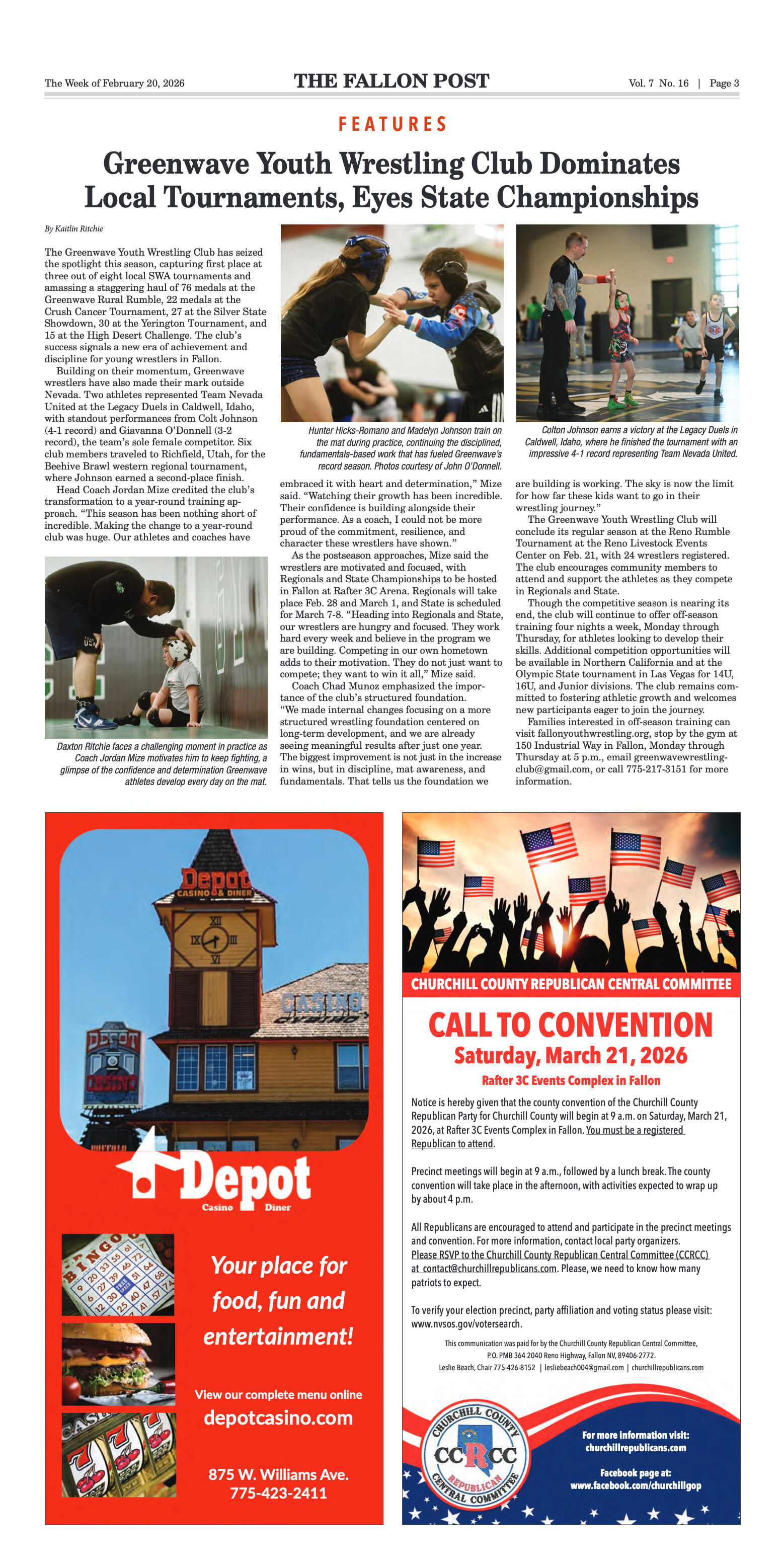
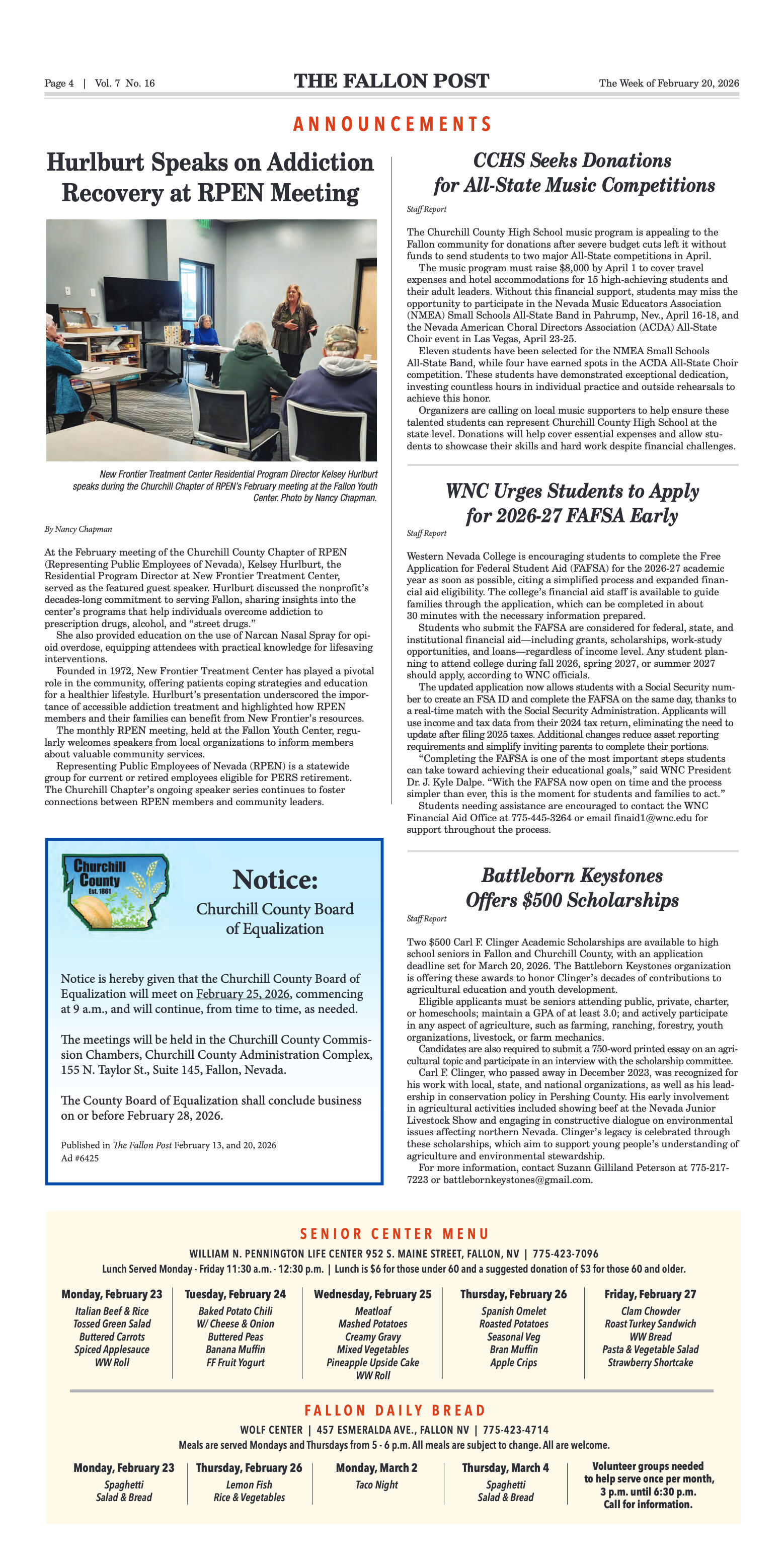
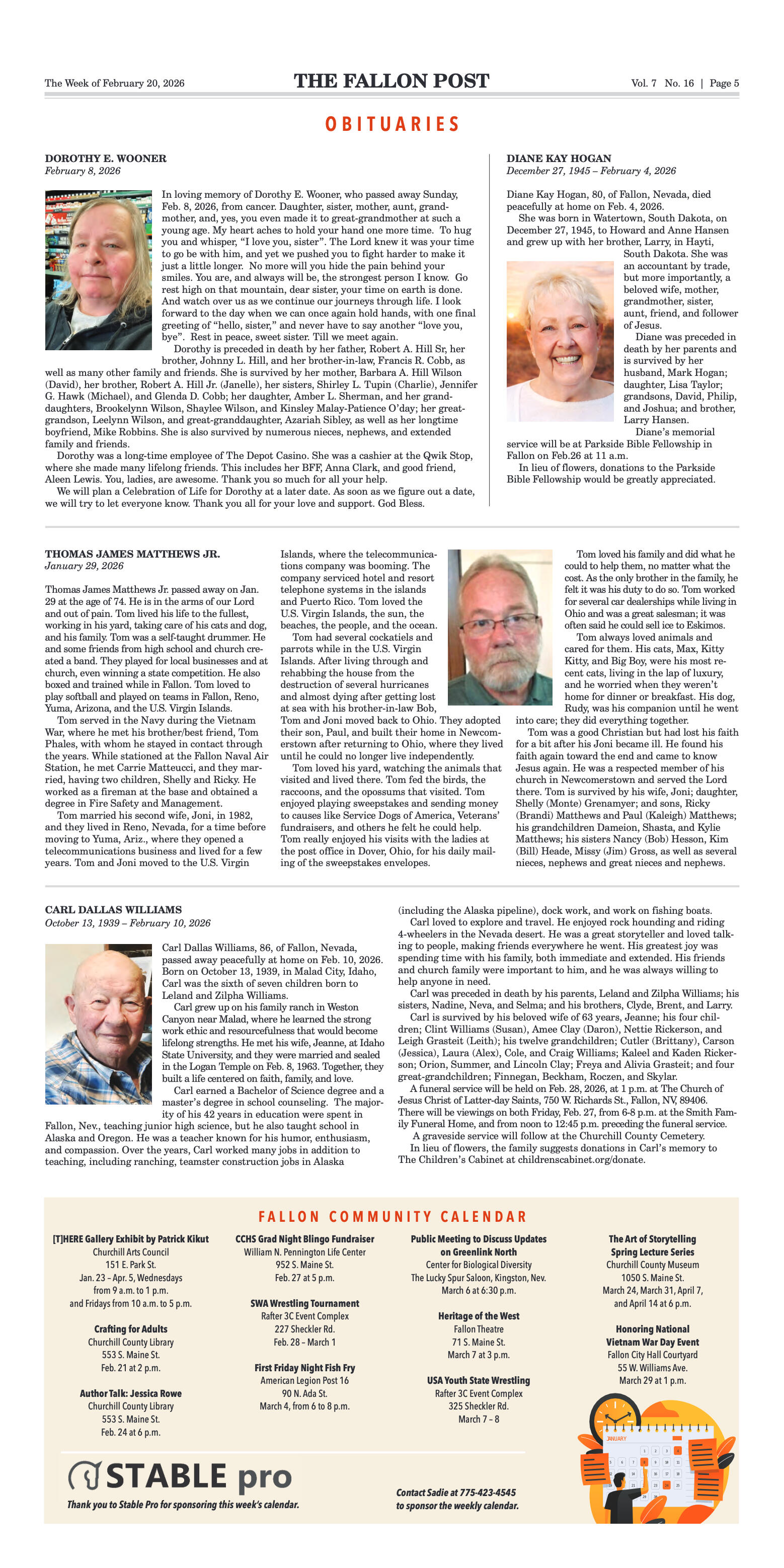
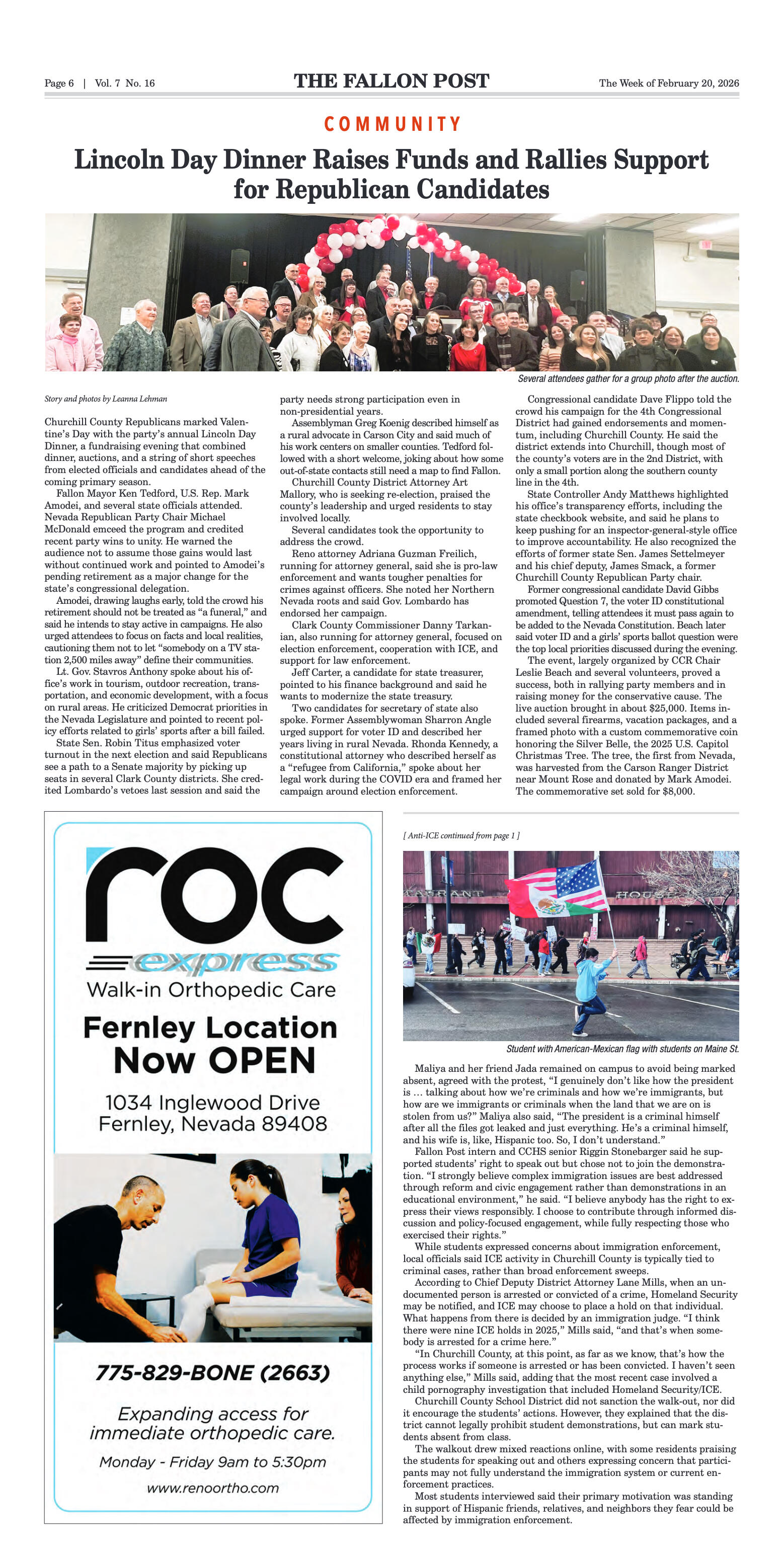
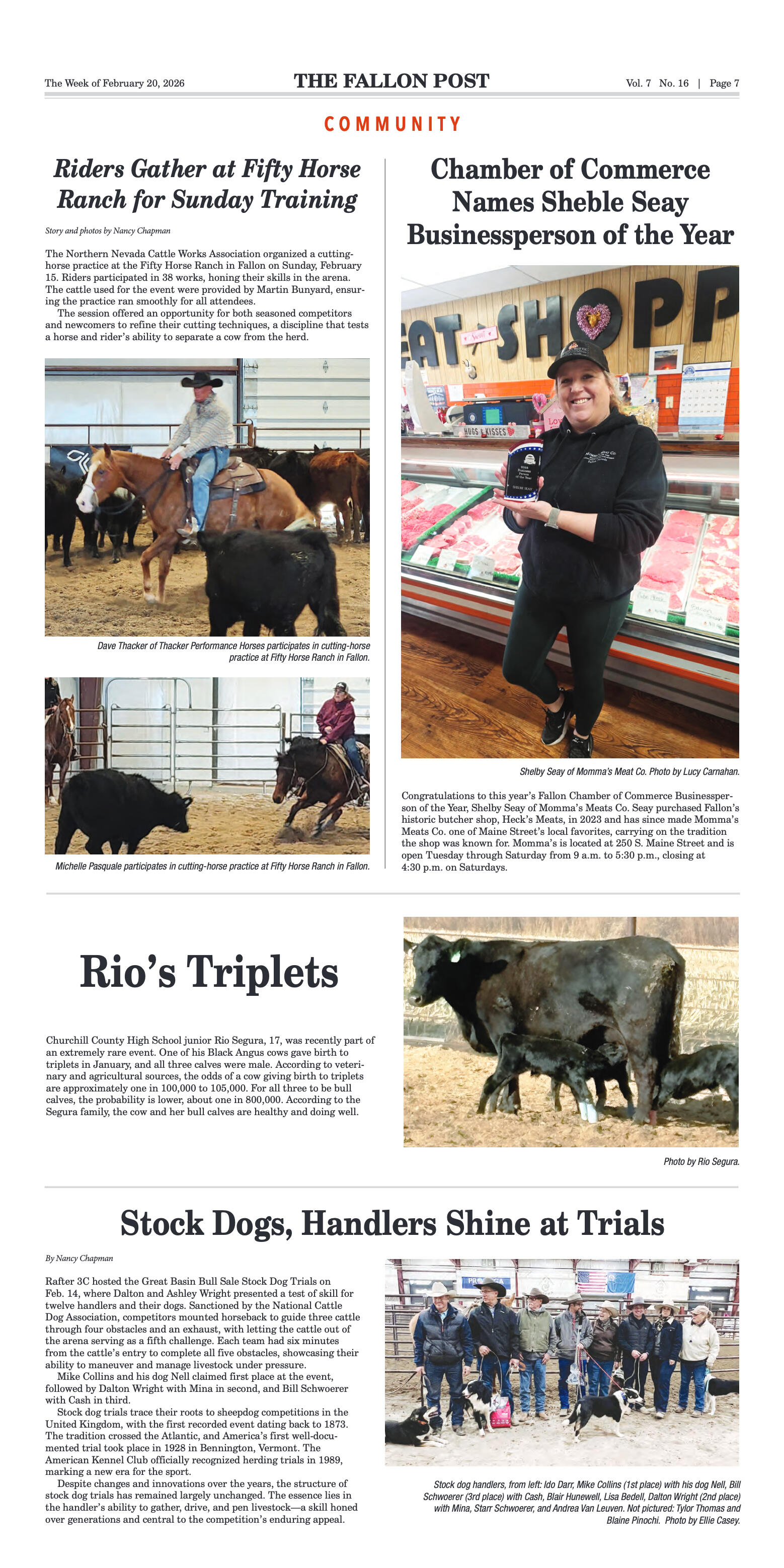
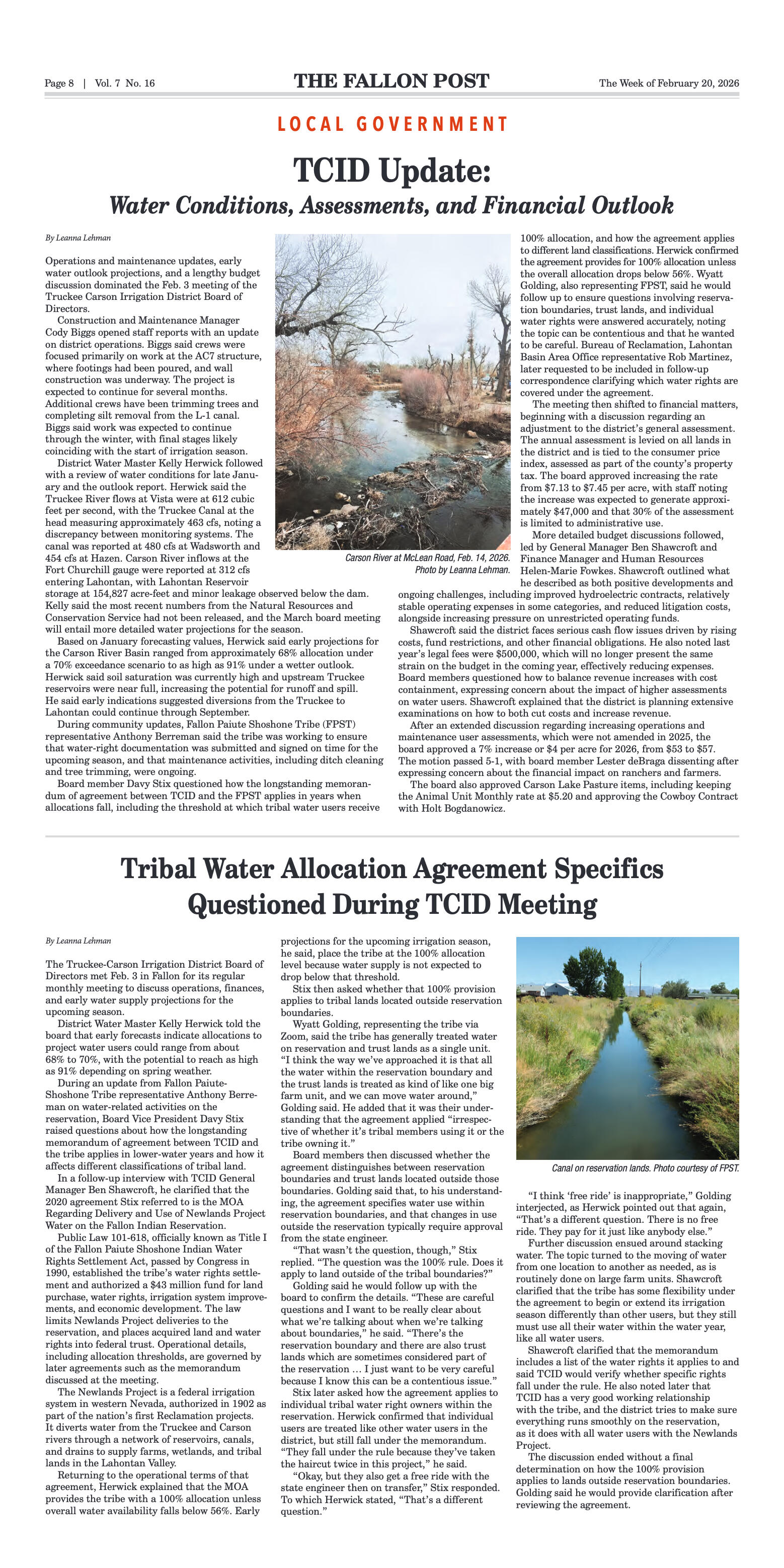
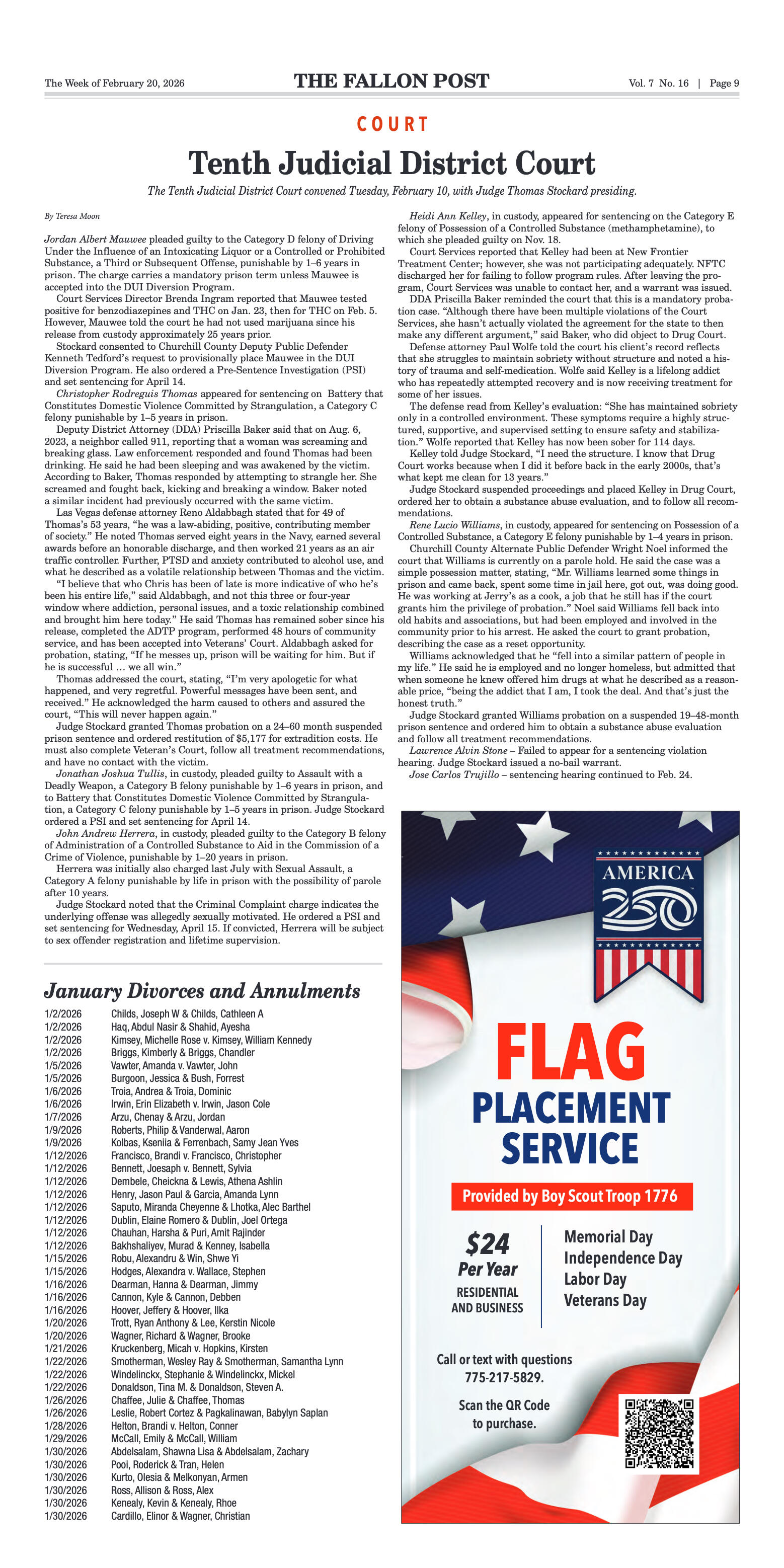
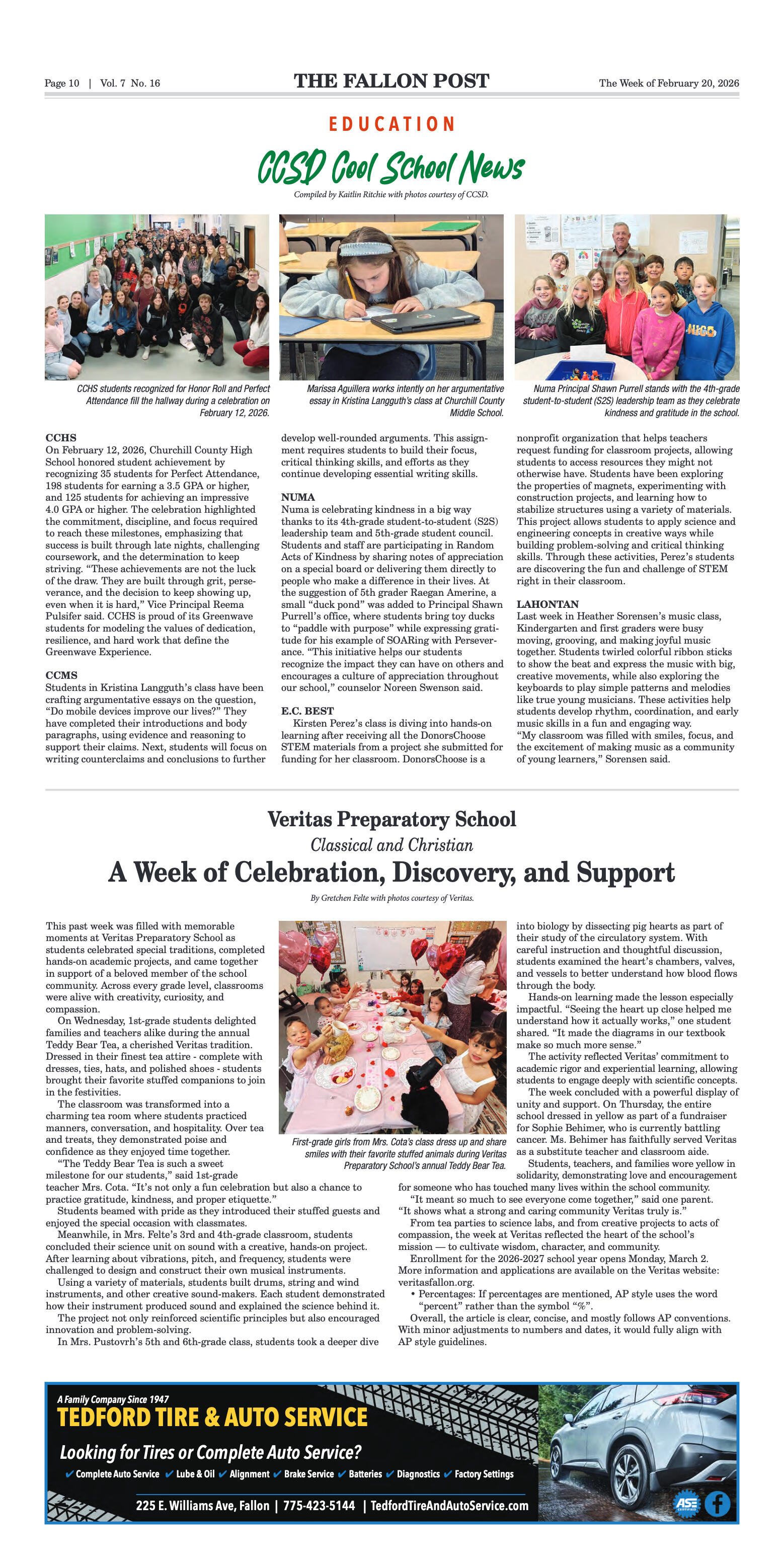
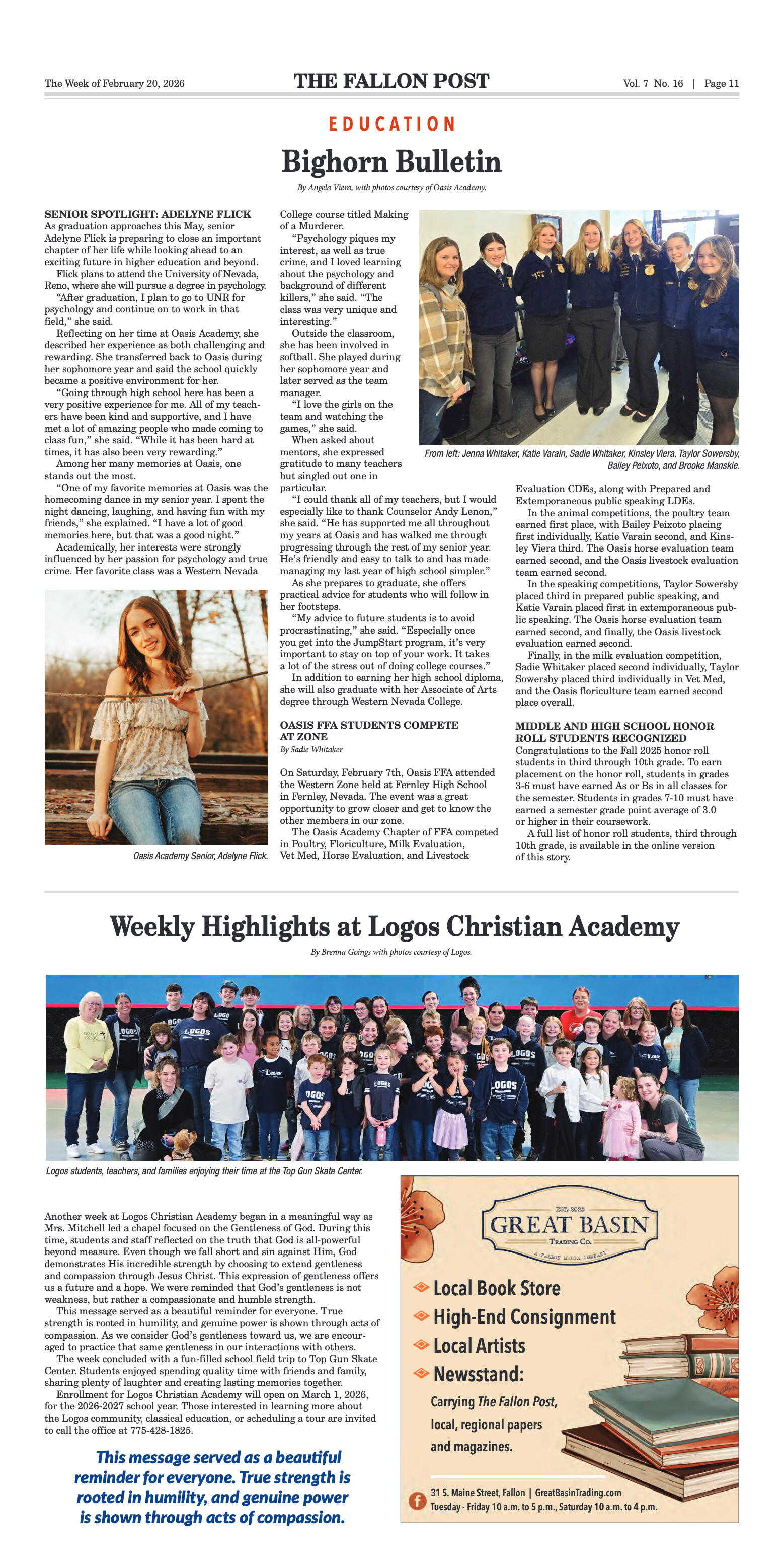
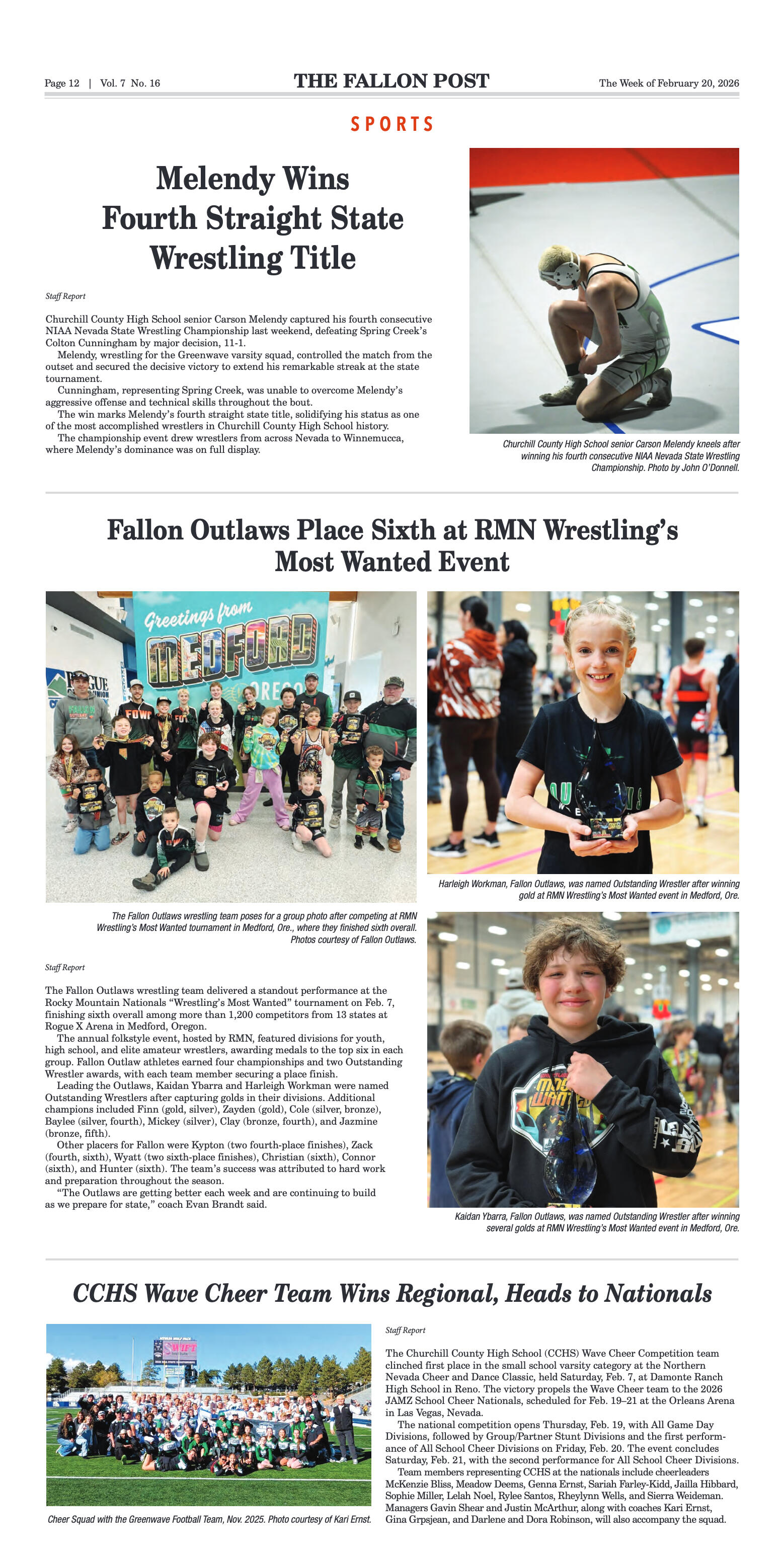
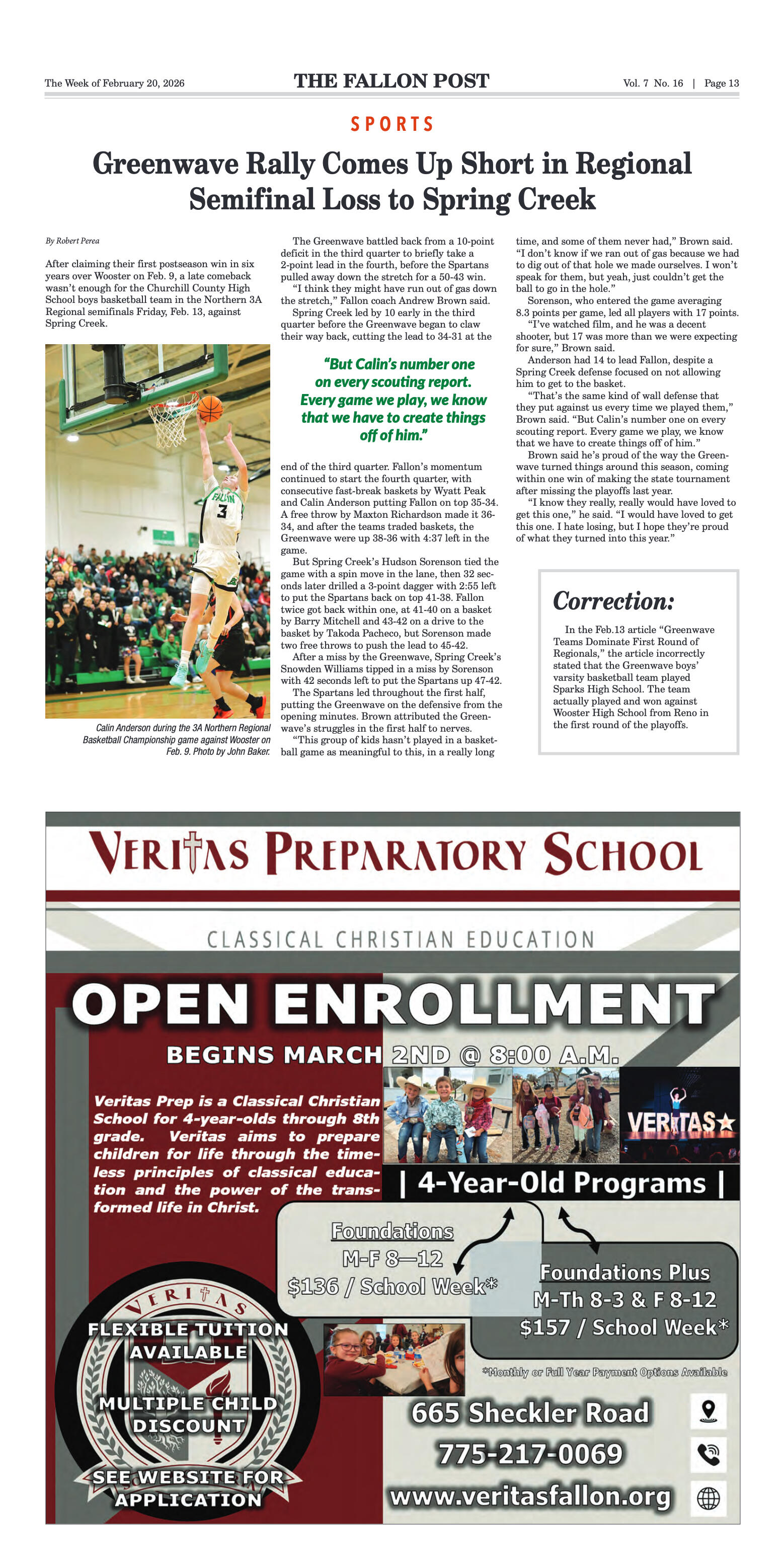
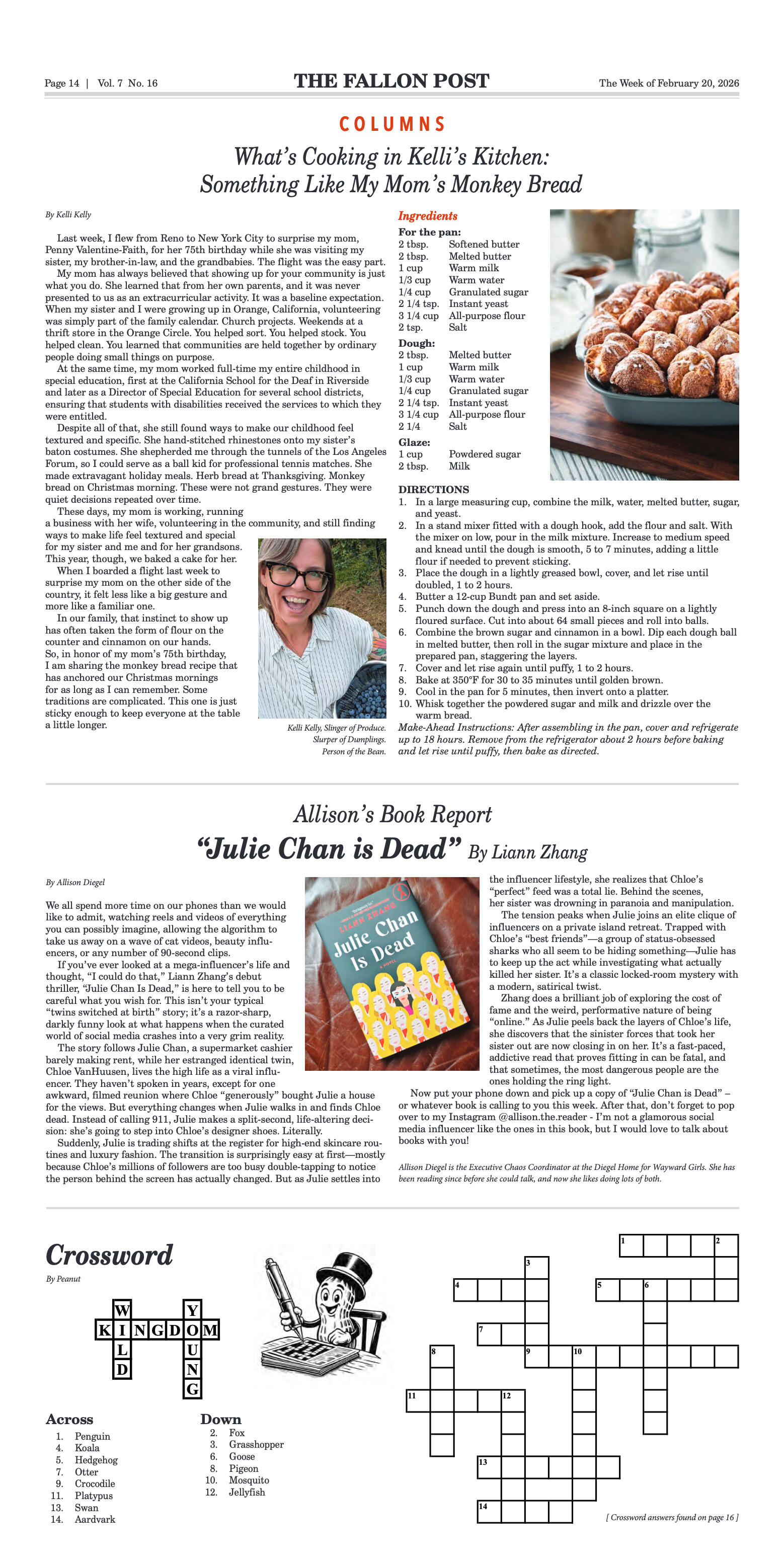
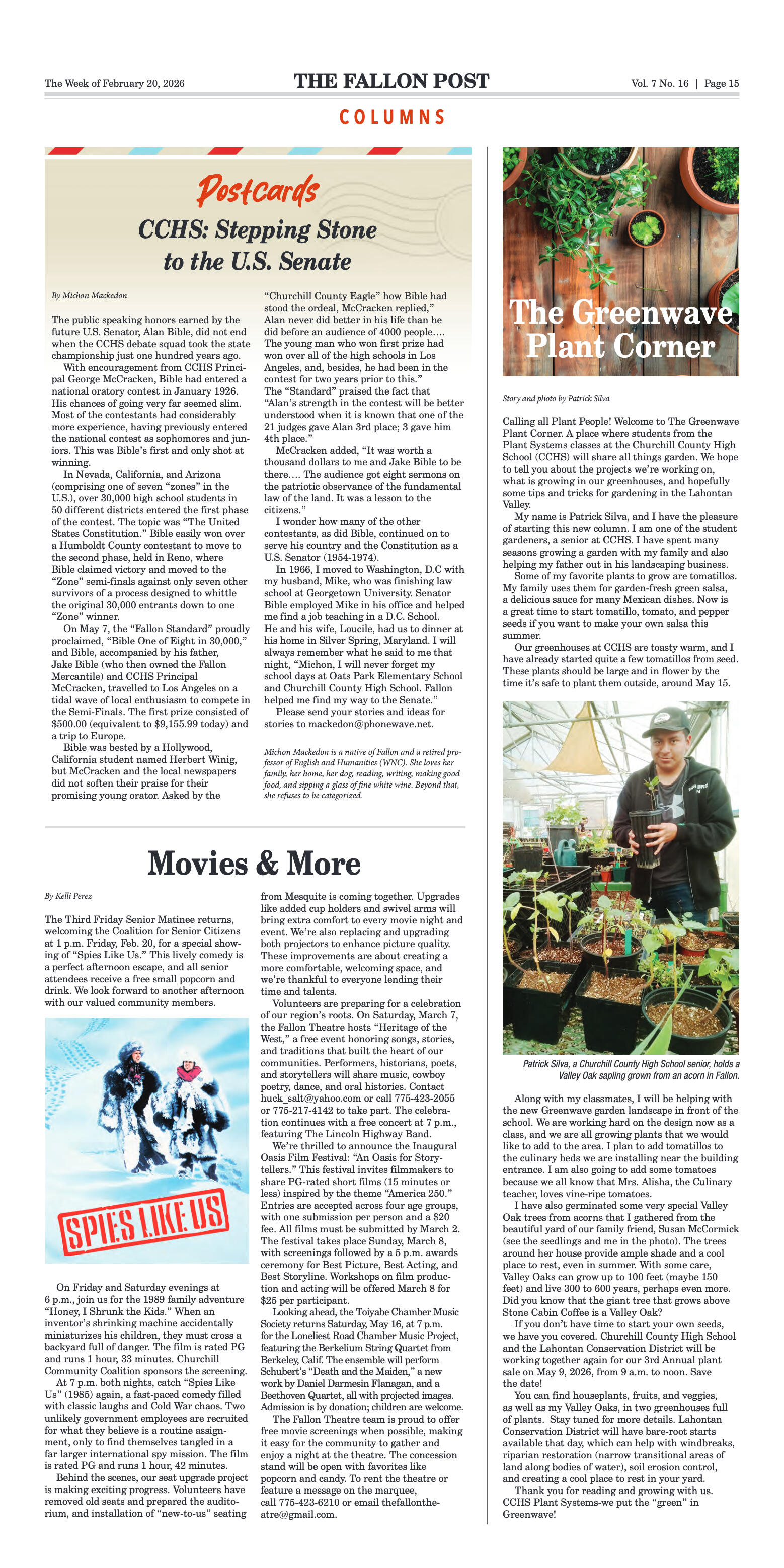
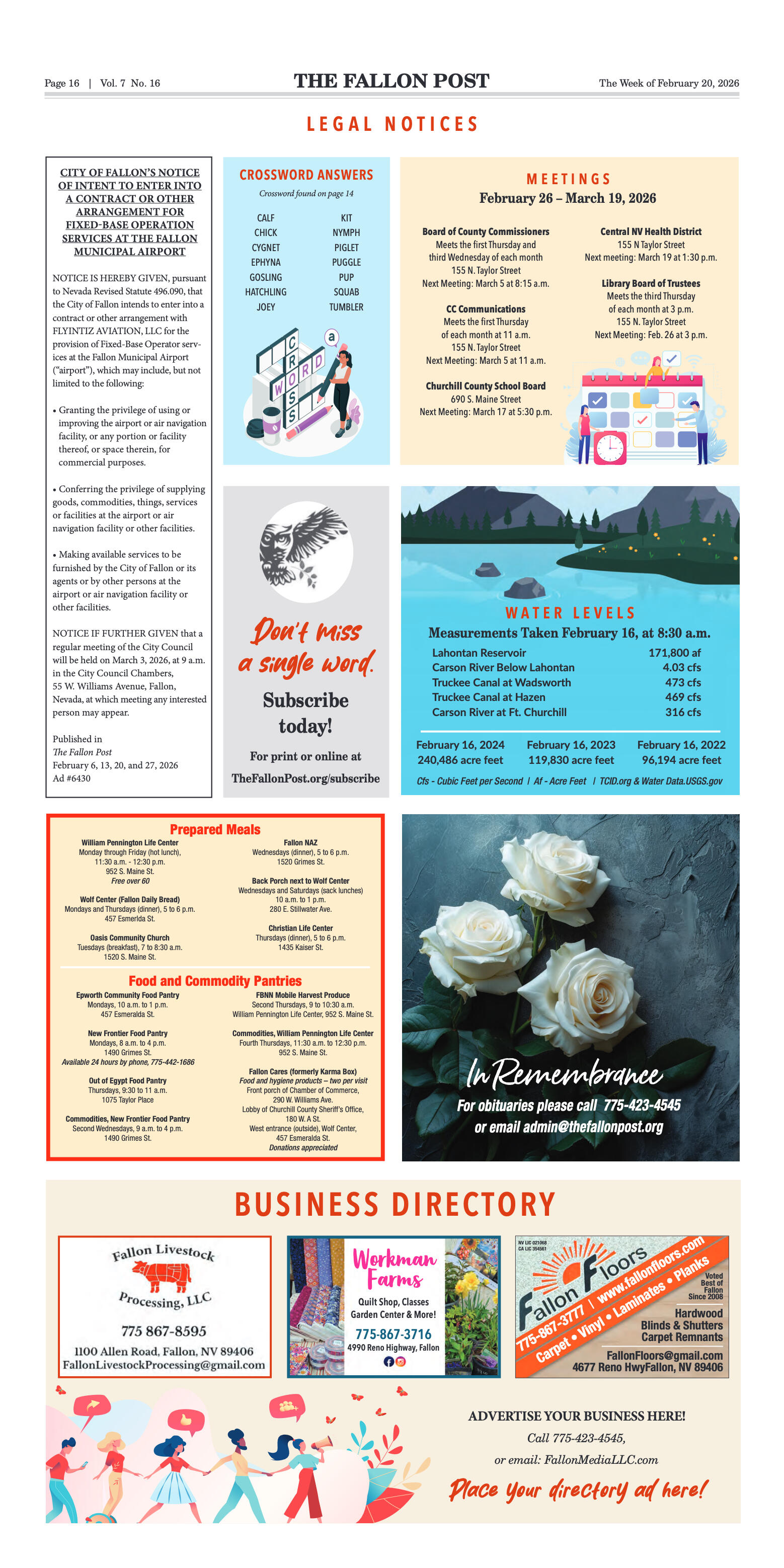
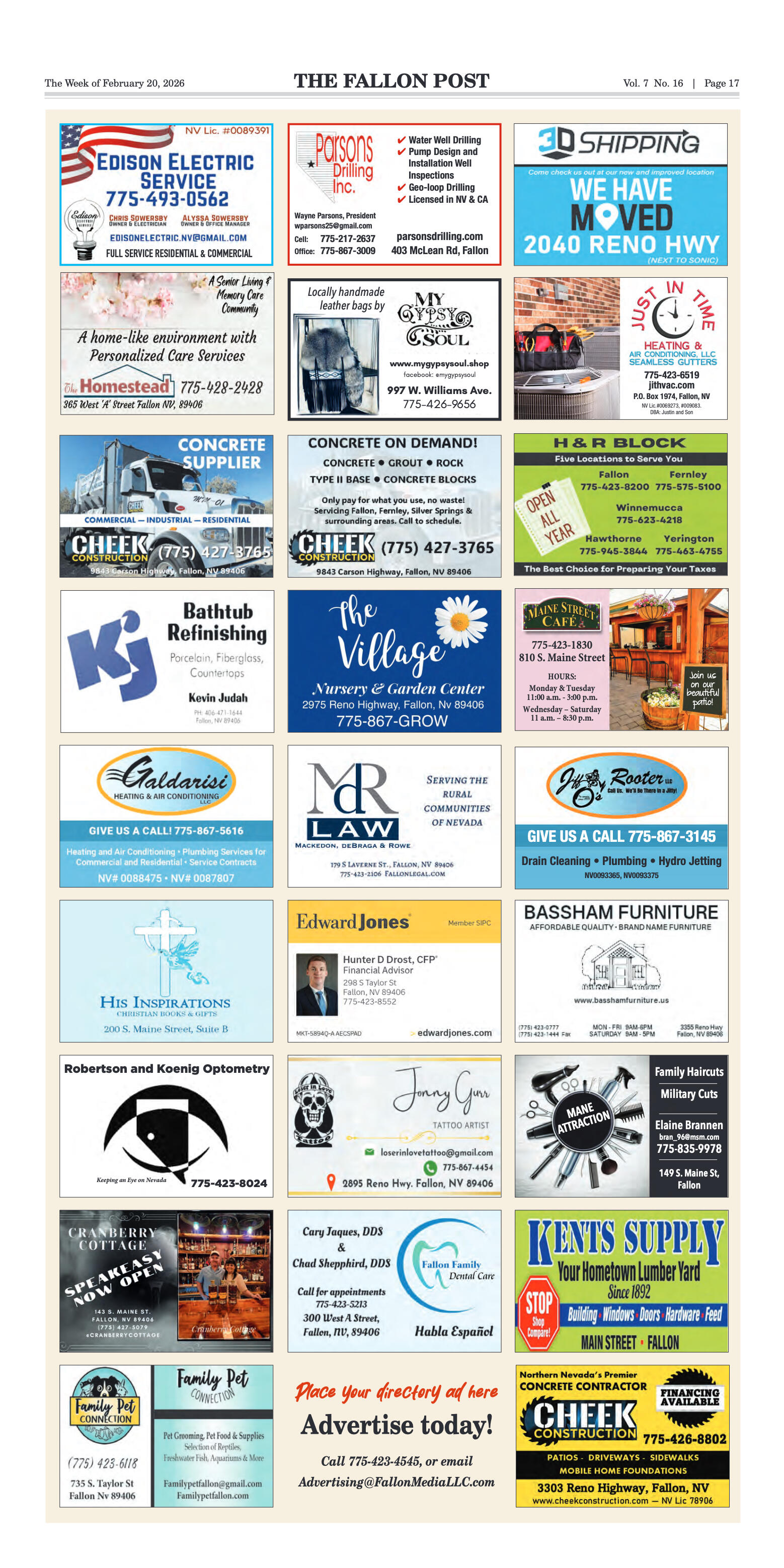
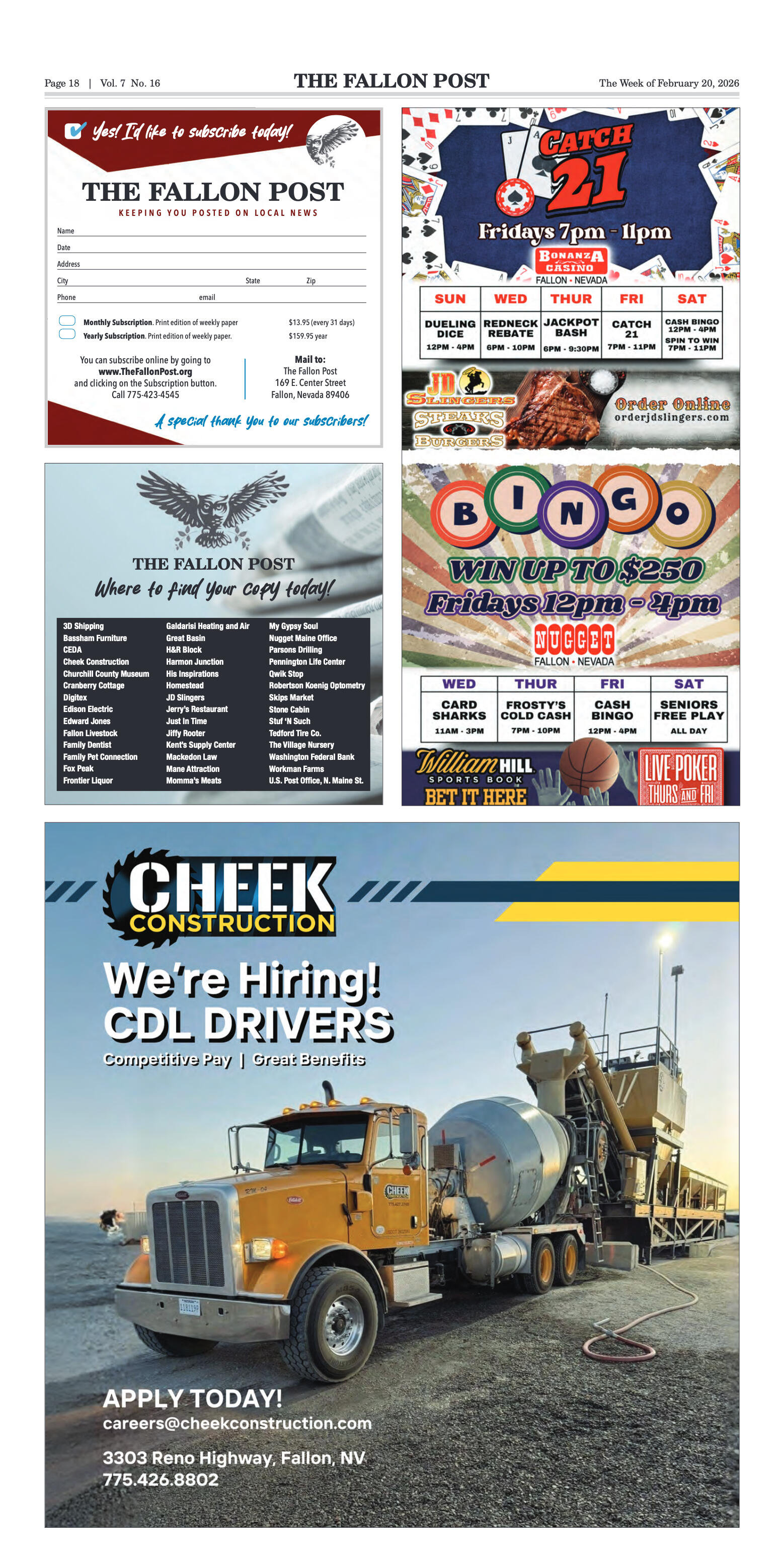


















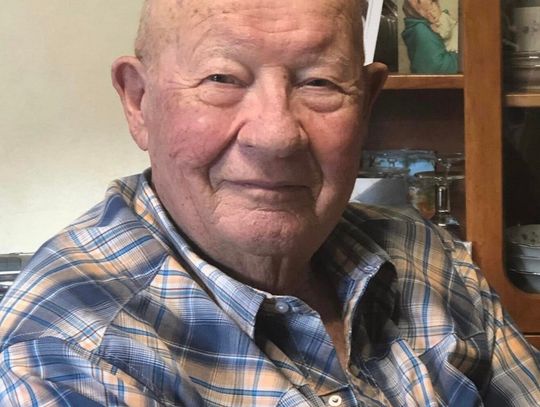





Comment
Comments